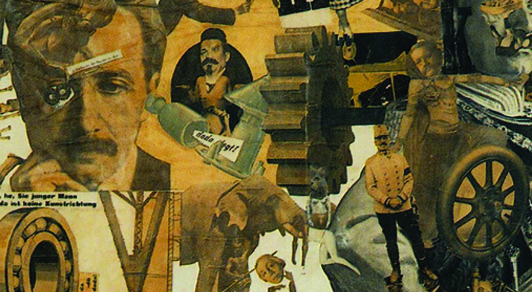
- This event has passed.
Germany 1918-1924: False Hope or Missed Chance?
Mon, January 30, 2017 @ 7:30 PM - 9:30 PM
$100 – $140
Presented by the Revolutions Study Group
A 13-week study
The reading focuses on the struggle to build a united and disciplined revolutionary party in the Germany after the defeats of the Spartacist and then the radical union uprisings in 1919. By 1921, it was clear that the Bolshevik revolution had not sparked successful socialist revolutions in the rest of Europe. The communists of Germany now struggled to reconnect with the German working class and rebuild a revolutionary movement in the Weimar Republic, a society that was, on the one hand, striving to return to normalcy and, on the other hand, slipped easily and often into economic and political chaos. They fought, but they lost. In the process, the working class was divided and demoralized, the capitalist class went looking for a savior, and the foundations of Nazism were laid.
In it’s beginnings, the revolution in Germany appears very similar to the events in Russia the year before. Why was the outcome so different? We will try to answer many questions in the course of this reading group, but that is the essential question in this continuing study.
Primary reading: Pierre Broue, The German Revolution. Other readings include selected original documents and selections from Haffner, Failure of a Revolution, and Angress, The Stillborn Revolution. Copies of the Broue book are available at a discount to reader participants in this study.
The Revolutions Study Group (originally at the Brecht Forum) has been meeting since 2009. Individual participants have come and gone, however the group has held together, studying in depth a wide range of history including the French Revolution, the Russian Revolutions of 1905 and 1917, the Mau-Mau Revolt in Kenya, the Haitian Revolution, the European Revolutions of 1848, the May movement in France of 1968 and the Hot Autumn of Italy the following year, the Spanish Civil War, the Mexican Revolution, the Socialist (2nd) International, and Russian Social Democracy prior to World War I.
